Here in the Lifeboat Blog, I have the luxury of pontificating on existential, scientific and technical topics that beg for an audience—and sometimes—a pithy opinion. Regular Lifeboat readers know that I was recently named most viewed Bitcoin writer at Quora under a Nom de Plume.
Quora is not a typical Blog. It is an educational site. Questions and numerous answers form the basis of a crowd-sourced popularity contest. Readers can direct questions to specific experts or armchair analysts. A voting algorithm leads to the emergence of some very knowledgeable answers, even among laypersons and ‘armchair’ experts.
During the past few weeks, Quora readers asked me a litany of queries about Bitcoin and the blockchain, and so I am sharing selected Q&A here at Lifeboat. This is my professional field—and so, just as with Mr. Trump, I must resist an urge to be verbose or bombastic. My answers are not the shortest, but they are compact. Some employ metaphors, but they explain complex ideas across a broad audience.
As you browse some recent Bitcoin questions below, click a question for which you know the least. (Example: Do you know what the coming ‘halving event’ is about?). Leave a comment or question. I am interested in your opinion.
- Can governments ban Bitcoin?
- What will happen to Bitcoin at the ‘halving’ in July?
- Can a blockchain accomplish things that were previously impossible?
- Why do we not see many blockchain services entering the market?
- Is it worthwhile to trade Bitcoin?
- When I send a fraction of a Bitcoin, does the recipient get my original coin ID? Is my remainder assigned a new Bitcoin ID?
- How can I invoice a customer in US dollars, but receive Bitcoin instead?
- Can governments prevent or regulate online gambling with Bitcoin?
- What is a blockchain?
- Why did Bitcoin fail at the end of 2015?
- What is a Blockchain?
- Bitcoin Primer: Don’t start with miners
Philip Raymond sits on Lifeboat’s New Money Systems Board, is co-chair of the
The Cryptocurrency Standards Association, and is a most viewed writer at Quora.

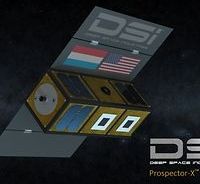
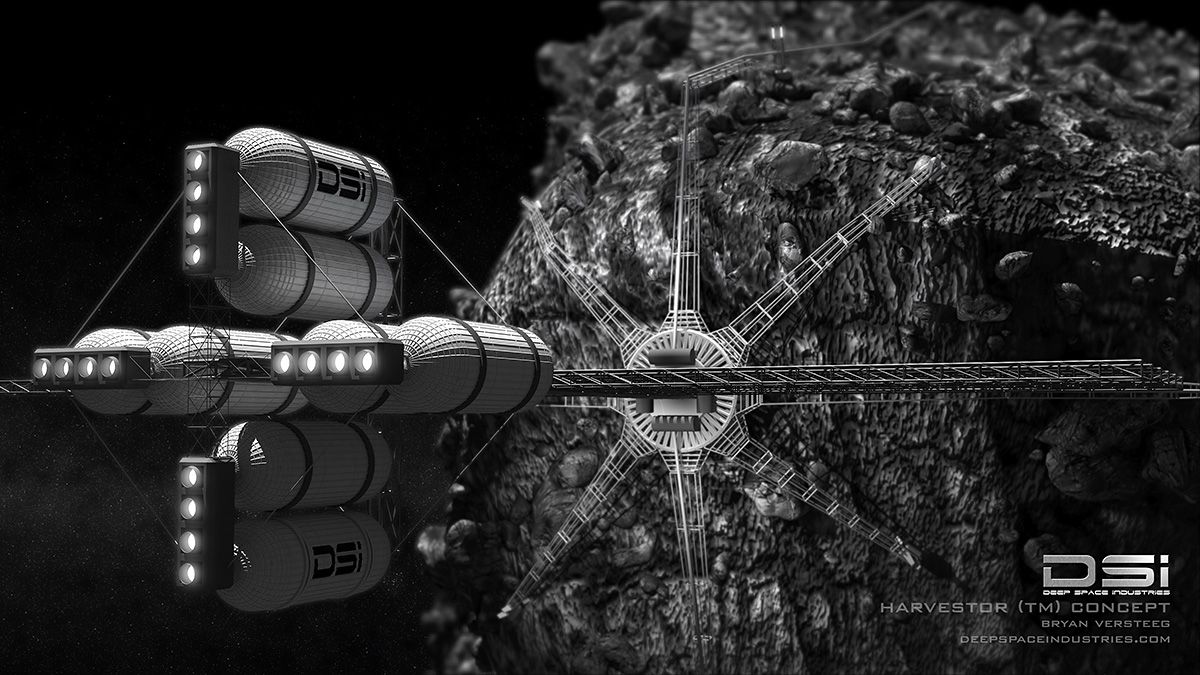
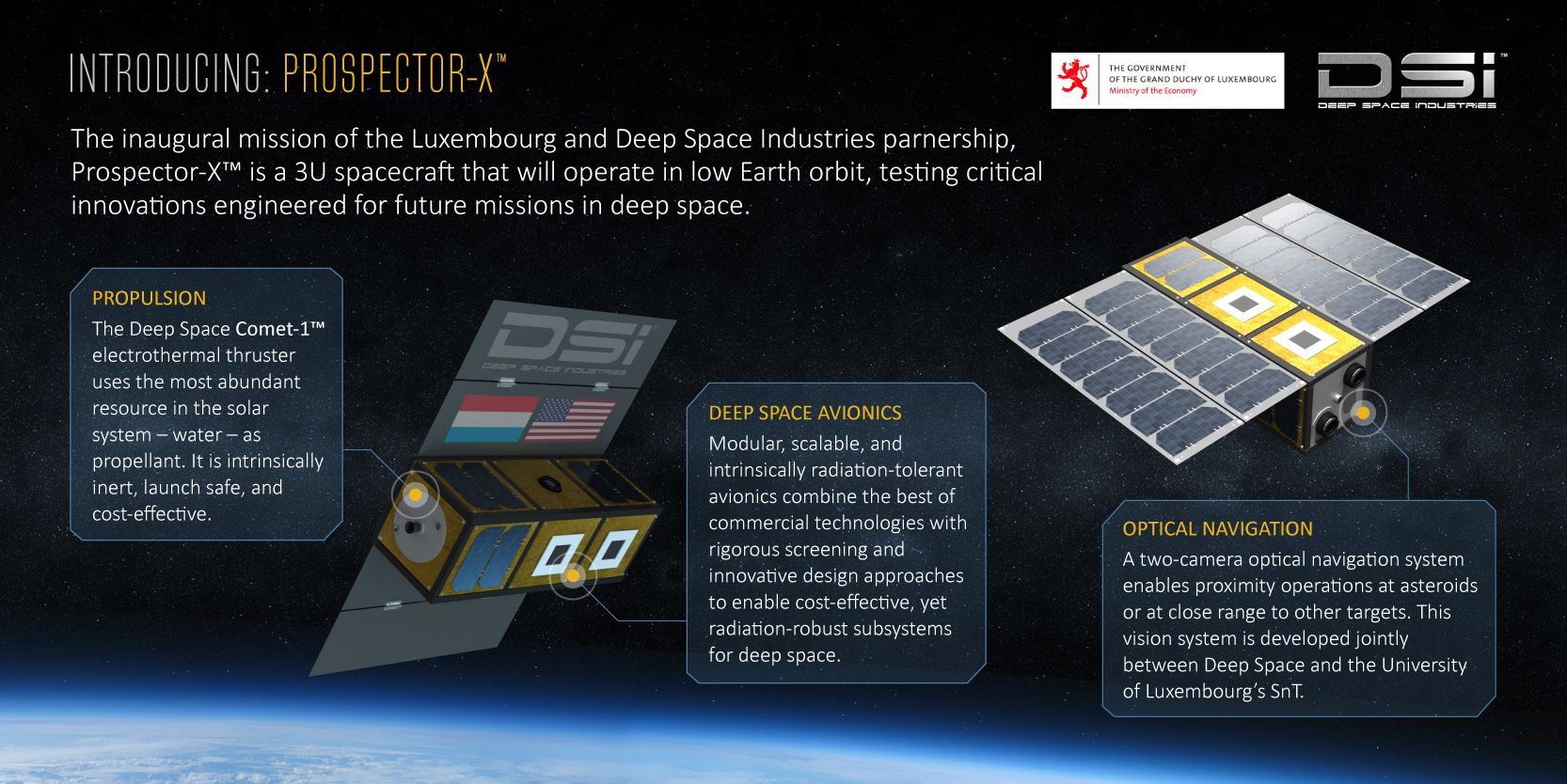
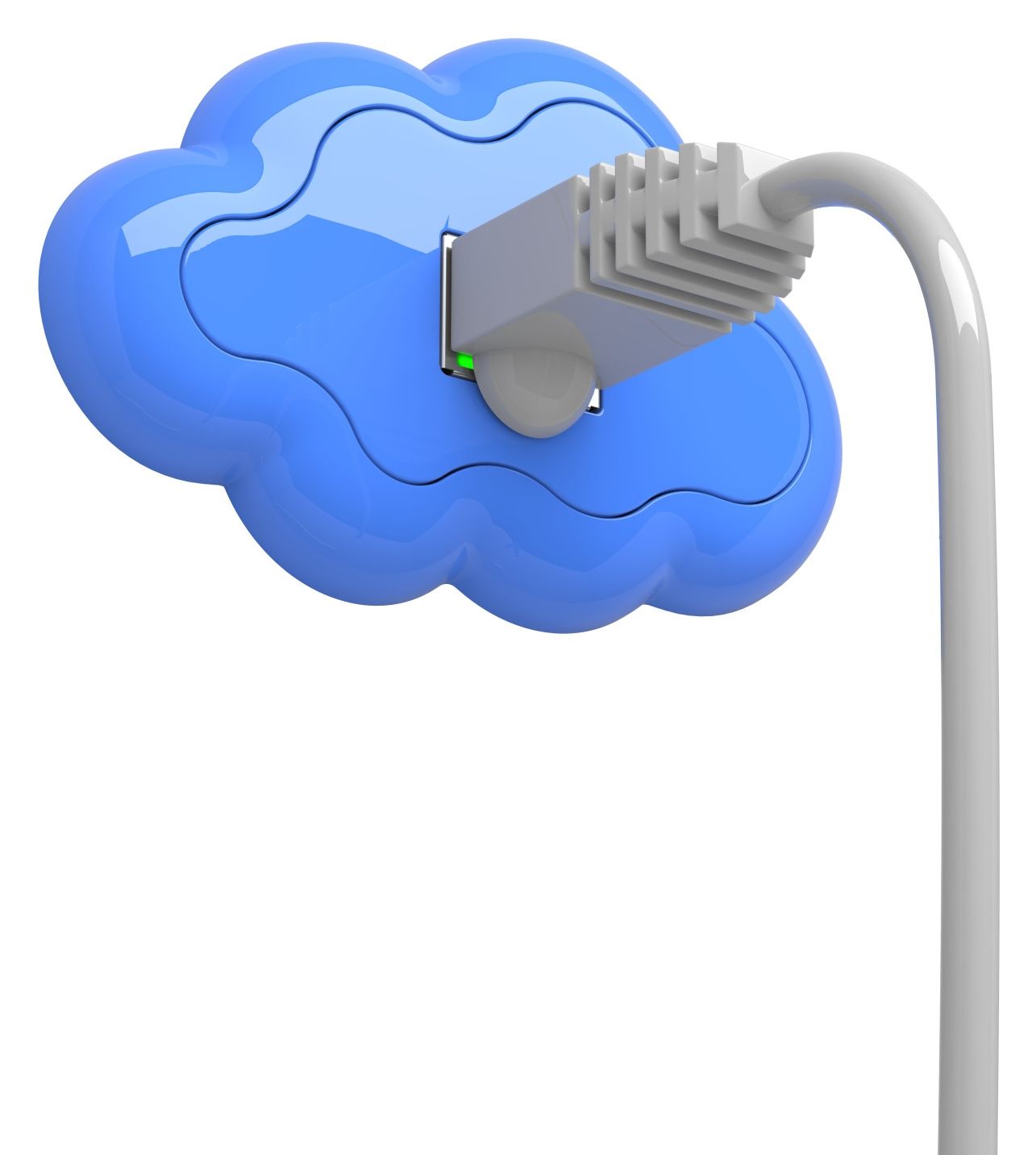
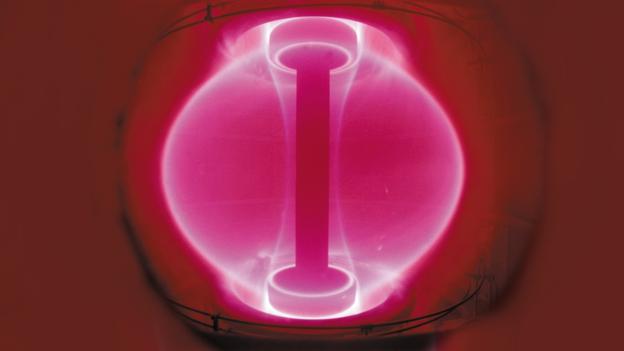


 Silent cancer refers to those types of cancer which are undiagnosed in early stages. This is due to asymptomatic nature of the disease which makes it difficult to identify the disease till it progresses to advanced stages. Major silent types of cancer include brain, cervix, esophagus, mouth and larynx, ovarian, pancreatic, kidney, and liver cancer. Some silent types of cancer such as ovarian cancer, esophageal cancer, and pancreatic cancer show symptoms in their early stages. Ovarian cancer occurs in epithelium or lining cells of the ovary. Major signs and symptoms of ovarian cancer include pain or cramps in the belly, nausea, abnormal vaginal bleeding, and bloating. Pancreatic cancer is one of the fastest growing types of cancer worldwide. Esophagus cancer is more common among the older population, compared to adults. This cancer is mainly treated by chemotherapy, surgery, and radiosurgery. Moreover, physicians also use combination therapy for the treatment of silent cancer. For instance, the combination of radiation therapy and chemotherapy is very effective in the treatment of silent cancer.
Silent cancer refers to those types of cancer which are undiagnosed in early stages. This is due to asymptomatic nature of the disease which makes it difficult to identify the disease till it progresses to advanced stages. Major silent types of cancer include brain, cervix, esophagus, mouth and larynx, ovarian, pancreatic, kidney, and liver cancer. Some silent types of cancer such as ovarian cancer, esophageal cancer, and pancreatic cancer show symptoms in their early stages. Ovarian cancer occurs in epithelium or lining cells of the ovary. Major signs and symptoms of ovarian cancer include pain or cramps in the belly, nausea, abnormal vaginal bleeding, and bloating. Pancreatic cancer is one of the fastest growing types of cancer worldwide. Esophagus cancer is more common among the older population, compared to adults. This cancer is mainly treated by chemotherapy, surgery, and radiosurgery. Moreover, physicians also use combination therapy for the treatment of silent cancer. For instance, the combination of radiation therapy and chemotherapy is very effective in the treatment of silent cancer.